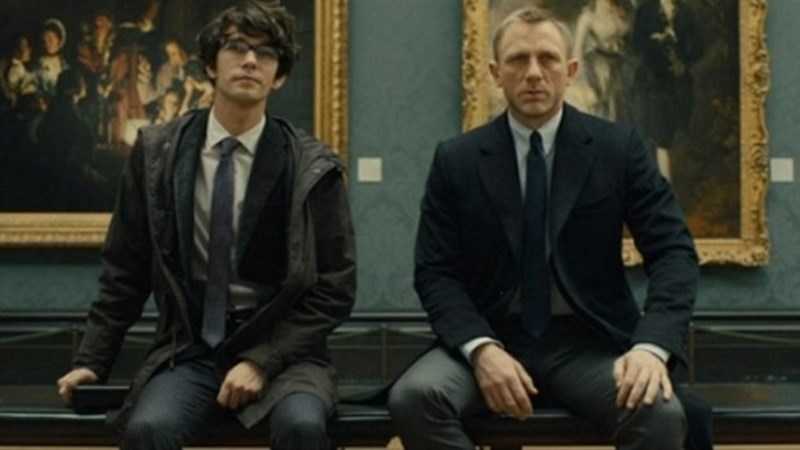One of the biggest mistakes that leaders within any business can make is to assume that they are somehow better or more intelligent than the other people within the organisation. And we don’t just mean their peers, but anyone at any level within the business. Now, of course, leaders are more likely to be a bit older and more experienced, but we know that experience is certainly no guarantee of success. One of the best scenes from a film in the past few years has to be between James Bond and the new Q in the film Skyfall…
Q: Age is no guarantee of efficiency
Bond: …and youth is no guarantee of innovation.
I digress…
What can be said, however, is that some of the most successful business people over the past 20 years have been young. In fact, if you extend that timeline back to 40 years, we can bring in names such as Bill Gates, Steve Jobs, Richard Branson and not to forget Mark Zuckerberg. A recent television documentary identified that a greater proportion of new millionaires are now coming from the 15-25 age range. The internet is giving people opportunities to build businesses that would not have been possible in the ‘old world’.
What this shows is that younger people have just as much, if not more potential than their older more experienced peers. So if we assume that in most organisations there is a correlation between the age of employees and the level that they are at, then there is probably greater levels of untapped potential the further down the business you go. As a young man, I certainly remember feeling as if my potential was not being exploited by the businesses I was working for.
Forget Customer Experience without Employee Experience
You may be wondering how all of this relates to the title of the blog. Of course, we do not literally mean that we should forget about Customer Experience. However there are many people who take the view that we should focus on Employee Experience first, and as long as we can get that right, the employees will look after the interests of the customers.
This concept stems from a model designed by researchers from Harvard University in the 1990s called the Service-Profit chain. The model demonstrates the link between profitability, customer loyalty and employee satisfaction. The model shows that as long as the employees of a business are happy, the customers will be loyal and the business will make a profit.
Logically this makes perfect sense. Nobody (or certainly not many people) goes to work to do a bad job. Aside from the pay, most people go to work for reasons of self satisfaction – to gain a sense of pride in what they do and for a sense of belonging to a greater cause. In theory, motivating employees shouldn’t be that difficult. If you can give people a common cause (Customer Experience is a good one!), then they should be able to rally together to achieve it. Yet, despite this, most organisations fail to make it happen. So why is this the case?
In most organisations that we have worked with, the interesting thing is the people at the very top understand the importance of Customer Experience, as do the people at the very bottom. Well, the front-line people certainly do at least. So what happens between the top and the bottom? Unfortunately the answer to this question is company politics.
We know that the people who get promoted are not always the most capable, however are often the most eager. People who are eager to move up can sometimes care more about themselves than ‘the greater good’ of the organisation and its customers. To this end, they can spend a lot of time using politics to maintain or improve their personal circumstances. This can cause bitterness and resentment, creating cultural problems, entrenchment and those ‘silos’ that Customer Experience consultants love to talk about breaking down so much!
So, achieving great Customer Experience is so much more than solving customer problems. Great Customer Experience is driven by great Employee Experience, which, in turn, is driven by resolving the political and cultural problems of the organisation. So, rather than forgetting Customer Experience, we need to ensure that the Customer Experience programme also includes Employee Experience and Cultural Transformation as well.

